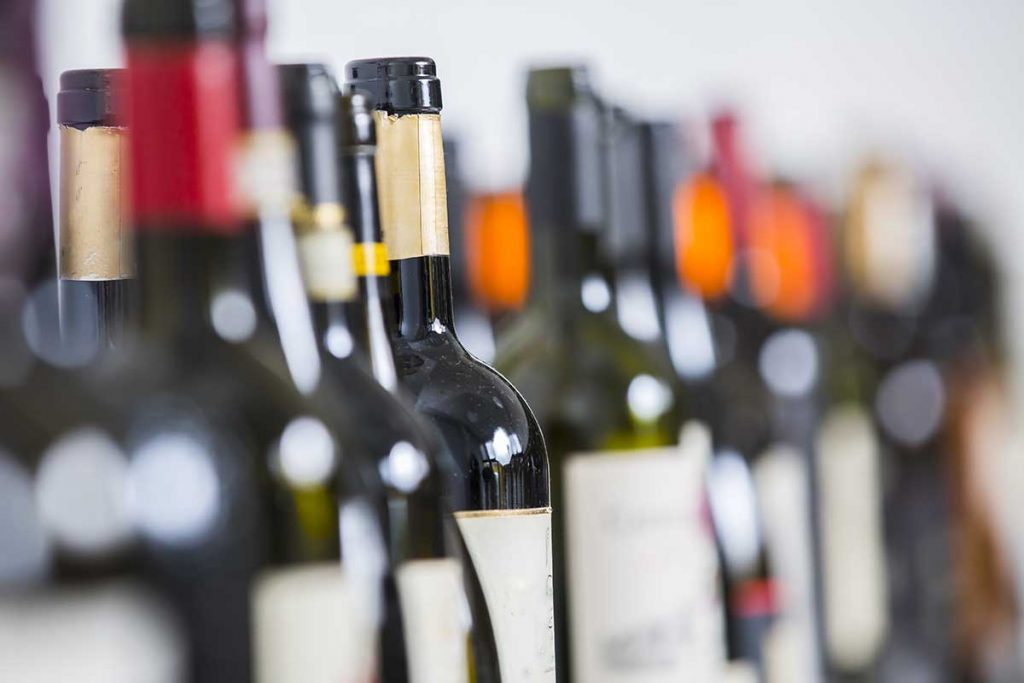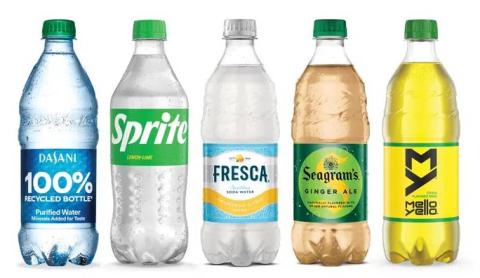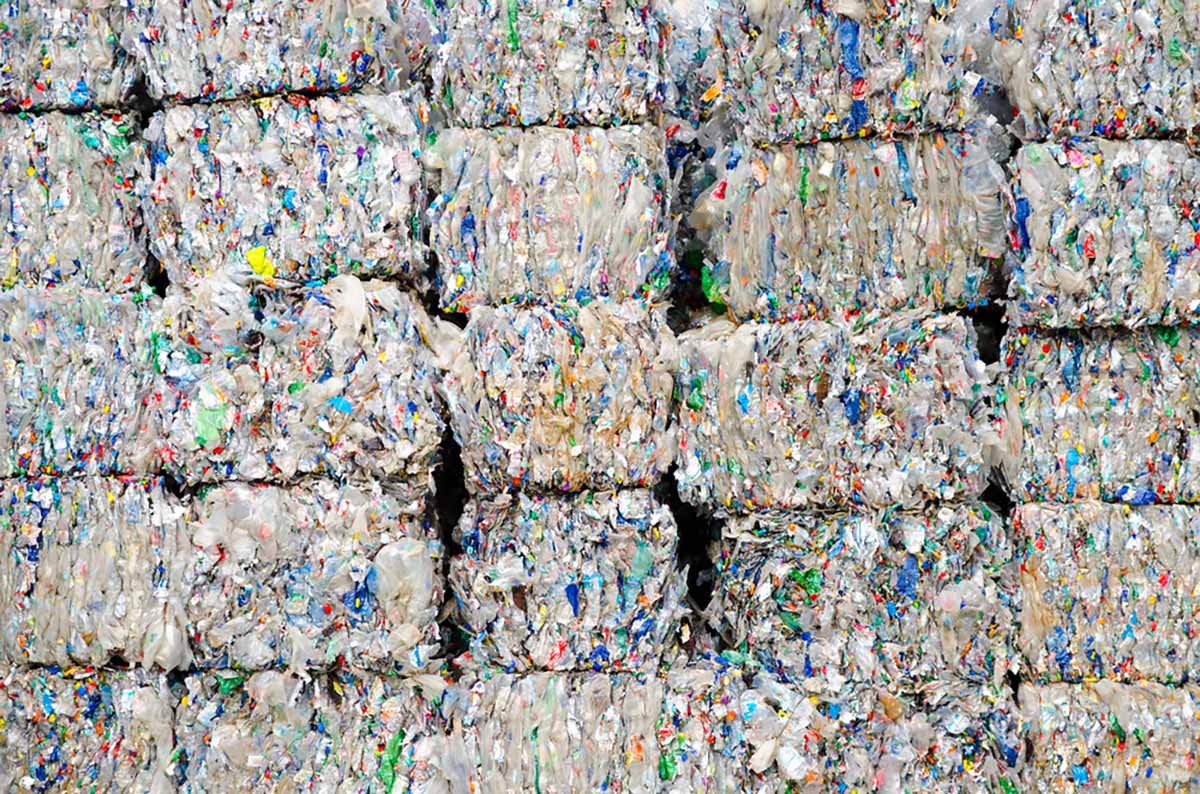But there is majority support among adults for a U.S. government proposal to limit its use and sale of single-use plastics. Source: Most U.S. Adults Would Support a Prompt Ban on Single-Use Plastics Read More…


But there is majority support among adults for a U.S. government proposal to limit its use and sale of single-use plastics. Source: Most U.S. Adults Would Support a Prompt Ban on Single-Use Plastics Read More…
The bills, supported by solid waste districts and haulers like Republic Services, intend to make battery recycling more convenient for consumers while improving safety along collection routes and in recycling or transfer facilities. … Read More…

Last-minute amendments to California bottle bill expansion legislation would increase spending by hundreds of millions of dollars, causing some previous backers to rescind their support even as the bill cleared a committee vote. → Source: A last-minute twist in effort to expand California bottle bill – Resource Recycling Read More…

Amid stringent regulations, new solutions are emerging that focus on innovative materials and reuse and recycling initiatives Source: Turning Toward Guilt-Free Plastic Packaging | Progressive Grocer Read More…
Source: California enforcing broad “stewardship program” requirement for pharmaceutical companies | Hogan Lovells – JDSupra Read More…
Groups representing companies that produce renewable natural gas from waste touted the law as a major step toward reducing greenhouse gas emissions. President Joe Biden called it “one of the most significant laws in our history.” … Read More…
Glass group explores lease-to-own program for MRF equipment The Glass Packaging Institute is developing a leasing model to help more MRFs finance glass cleanup systems. … Read More…
WINCHESTER, Va.– As a company built on eco-minded values, Trex Company, the world’s largest manufacturer of high-performance, wood-alternative decking and railing, is enlisting communities and organizations to partner in its robust recycling efforts. … Read More…

California Governor Newsom has signed off on a law that aims to cut down on the production of plastic and single-use packaging. Source: What Does a California Plastic,Packaging Law Mean for Brands? Read More…

The Association of Plastic Recyclers released a report noting 21% of HDPE, PET and PP packaging is recycled in the U.S. → Source: APR brings new data into wider recycling conversation – Plastics Recycling Update Read More…
